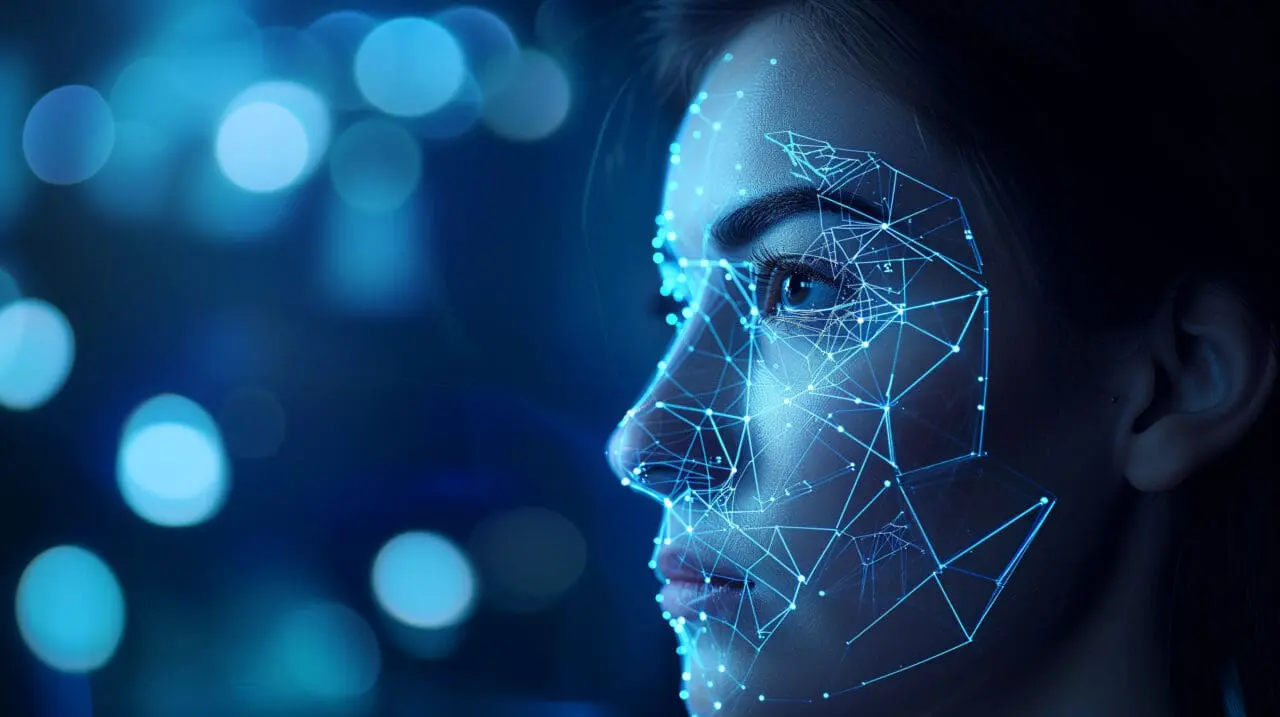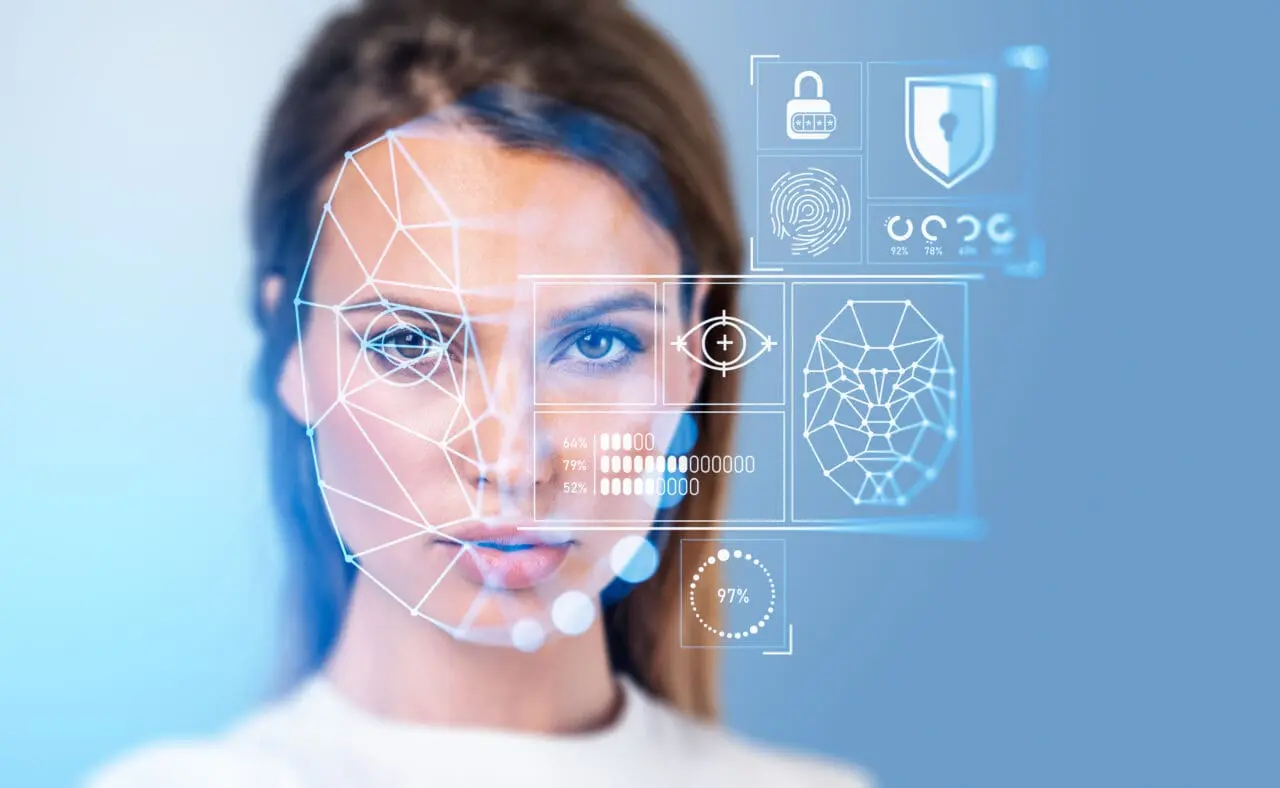

In a significant turn of events, a landmark ruling by the UK’s Information Commissioner’s Office (ICO) has set a precedent on the use of biometric data within the workplace. Biometric data, meaning unique biological or behavioral characteristics, underwent specific technical processing through Facial Recognition Technology (FRT) and fingerprint scanning for monitoring employee attendance. A company was ordered to discontinue this practice due to the discovery that its biometric scanning system, directly linked to attendance and payroll, failed to handle personal data with fairness and proportionality as mandated by data protection authorities. With biometric information such as facial imagery and fingerprints being inherently personal and unique to each individual, the ruling underscores the critical importance of ensuring the security of such data and protecting it from potential breaches. This case serves as a wake-up call for businesses considering similar technologies to reconsider alternatives that respect employee privacy while still fulfilling operational needs.
Biometric data, encompassing personal data like identifying physical characteristics such as fingerprints, facial features, and iris patterns, has grown in use across industries for various purposes. Technological progress has driven the collection and utilisation of biometric data in workplaces. However, this expansion poses significant risks to personal information, including physical or mental health, behavioural characteristics, and special category data, which businesses must carefully consider. Recent actions by the ICO have highlighted the potential consequences of mishandling biometric data, such as identity theft and exposure to cyber attacks. Therefore, businesses need to educate themselves and their employees about these risks and take effective steps to mitigate them.
The application of biometric data within organisational operations, notably for monitoring employee attendance, has raised critical discussions about legal and ethical compliance. The ICO’s directive against a company’s use of Facial Recognition Technology (FRT) and fingerprint scanning underlines the imperative need for businesses to operate within the bounds of data protection laws. This landmark ruling highlights the necessity for businesses to evaluate the fairness and proportionality of their data handling practices. Ensuring that any biometric data usage is compliant with legal standards not only protects the natural person’s personal and uniquely identifies information but also safeguards the organisation from potential legal repercussions. It stresses the importance of adopting less intrusive methods as alternatives to biometric monitoring, fostering an environment of trust and respect between employers and employees.
In light of the ICO’s decisive action enforcing data protection law against unwarranted use of biometric surveillance techniques in the workplace, the significance of preserving employee trust is now more evident than ever. This ruling not only highlights privacy concerns linked to biometric and genetic data but also underscores the essential requirement for businesses to explore less invasive methods for monitoring employee attendance. By providing choices that uphold employee privacy, including unique identification methods such as facial images, companies can cultivate a culture of mutual respect and trust. Striking this balance is vital to ensure that technology implementation in the workplace boosts operational efficiency while safeguarding employees’ personal security and privacy.
Biometric data, including acquired genetic characteristics, voice recognition, and advanced biometric technologies, is distinctive to each individual. This data encompasses fingerprints, facial features, iris patterns, and more, providing unparalleled precision in identifying individuals. However, this uniqueness also elevates the risk of misuse if not adequately protected. In workplaces where biometric data is increasingly used for attendance monitoring and access control, specific technical processing relating to extra security measures becomes crucial. Businesses need to implement robust data protection strategies to prevent unauthorized access and ensure the integrity and confidentiality of biometric information. By doing so, they can mitigate risks such as identity theft and data breaches, safeguarding both employee privacy and company reputation.
In the realm of modern employment, the safeguarding of employee privacy, especially concerning the handling and protection of biometric data, including fingerprint data, has emerged as a pivotal issue. The recent rulings by the ICO shed light on the paramount importance of ensuring that biometric data, including data subject’s fingerprint data, due to its highly personal and irreplaceable nature, is treated with the utmost care and protection within the workplace. Employers must adhere to stringent data protection laws, ensuring that the collection, processing, and storage of biometric information, including fingerprint data, are conducted transparently, fairly, and securely. This involves implementing robust security measures to prevent unauthorised access or breaches and establishing clear policies that outline the usage and rights concerning biometric data, including data subject’s fingerprint data. By prioritising the privacy rights of employees, businesses can foster a culture of trust and confidence, which is essential for a productive and harmonious workplace environment.
In light of the increasing concerns about the use of biometric data for employee monitoring and in compliance with data protection law, organisations must explore less intrusive alternatives that meet operational needs while safeguarding employee privacy. Technologies like RFID badges, key fobs, and personal identification numbers (PINs) provide effective ways to track attendance and access control without processing sensitive genetic data through biometric recognition systems. Moreover, using mobile applications that allow data subjects to clock in and out remotely can enhance flexibility and reduce reliance on physical monitoring systems. By embracing these alternatives, businesses can uphold a delicate balance between security, employee trust, and respect, promoting a workplace culture rooted in transparency and respect.
In the evolving landscape of workplace monitoring and security, the proper use of biometric data emerges as a critical factor in fostering a culture of transparency and trust in health care services. Organisations that approach biometric data usage with clear communication, rigorous adherence to privacy laws, and a commitment to ethical standards set a foundation for trust among employees as natural persons. By actively engaging employees in discussions about the purpose, scope, and protections related to biometric data collection, companies can demystify the technology and alleviate privacy concerns for data subjects. This transparent approach, underpinned by robust security measures and alternatives for those uncomfortable with biometric methods, ensures that the deployment of this technology enhances workplace security without eroding employee trust.
In response to evolving regulatory landscapes and growing privacy concerns, it’s imperative for businesses to understand and comply with the new ICO regulations regarding biometric recognition, including health data. These regulations necessitate a higher level of accountability and transparency in the collection, use, and protection of biometric data, including special category biometric data, within the workplace. Companies are urged to conduct thorough impact assessments to comprehend the implications of biometric technology, such as facial recognition systems, fully and ensure compliance with data protection laws. Additionally, it is crucial to inform and seek consent from data subjects, explaining how their data, based on one or more factors, will be used, stored, and protected against unauthorized access. By adhering to these guidelines, businesses can not only comply with legal requirements but also reinforce a culture of trust and respect, mitigating potential risks associated with the use of sensitive biometric information.

This website uses cookies to improve your experience. Choose what you're happy with.
Required for the site to function and can't be switched off.
Help us improve the website. Turn on if you agree.
Used for ads and personalisation. Turn on if you agree.
This website uses cookies to improve your experience. Choose what you're happy with.
Required for the site to function and can't be switched off.
Help us improve the website. Turn on if you agree.
Used for ads and personalisation. Turn on if you agree.